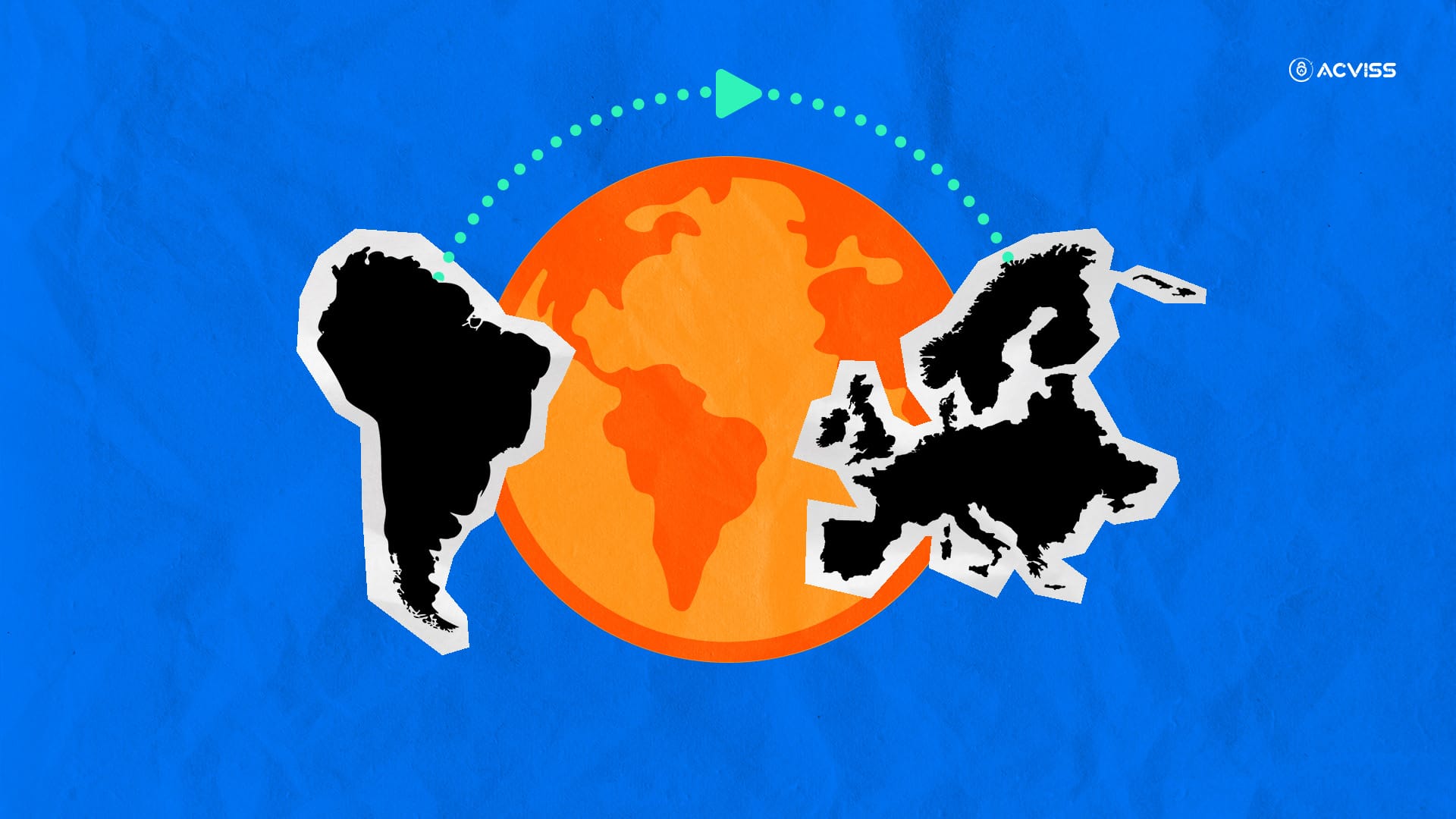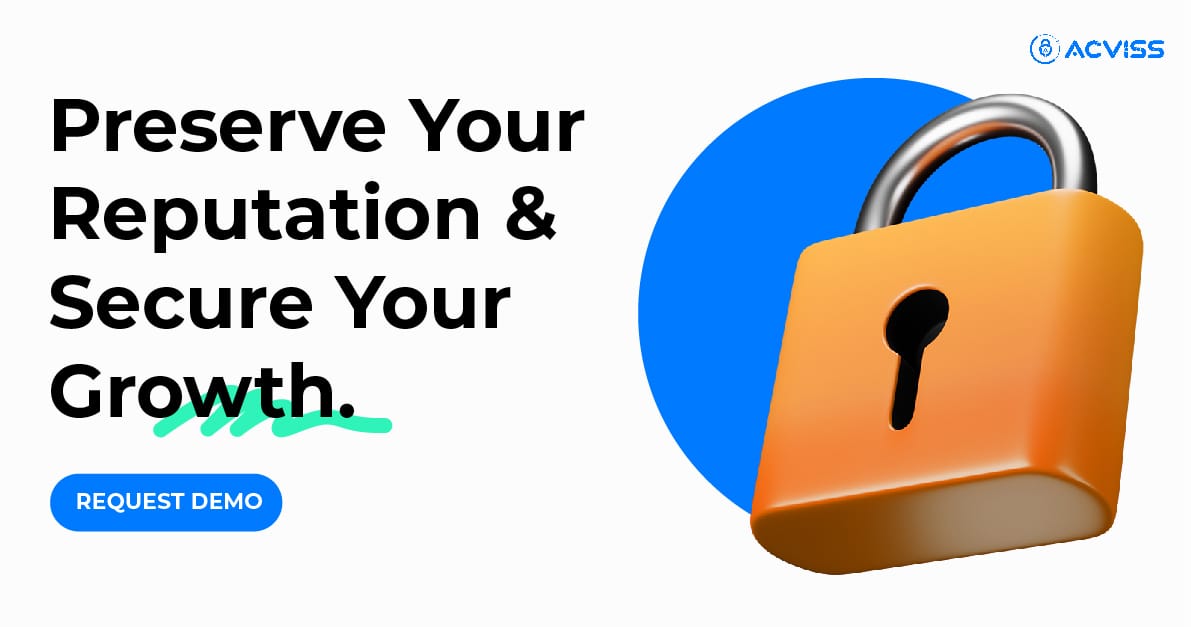Ensuring High-Quality Goods from South America to Europe: Best Practices
South America and Europe share a vibrant trade relationship. In recent years, European imports from South America reached over €80 billion. This figure highlights the growing demand for high-quality goods, particularly in agriculture, beverages, and minerals. Countries like Brazil, Argentina, and Uruguay are known for their rich natural resources, providing a variety of essential products, including coffee, soybeans, and beef.
Importing high-quality goods is crucial for maintaining market standards and consumer trust in Europe. With the introduction of EUDR regulation, maintaining quality standards is not just a matter of consumer trust but whether or not one can operate in the European market. As businesses and consumers increasingly prioritise sustainability and quality, ensuring the authenticity of these imports becomes a top concern.
This blog will guide you through the key strategies to ensure high-quality goods are coming from South America to Europe, addressing specific challenges, solutions, and the importance of building trust with exporters.
Ensuring High-Quality Goods from Brazil
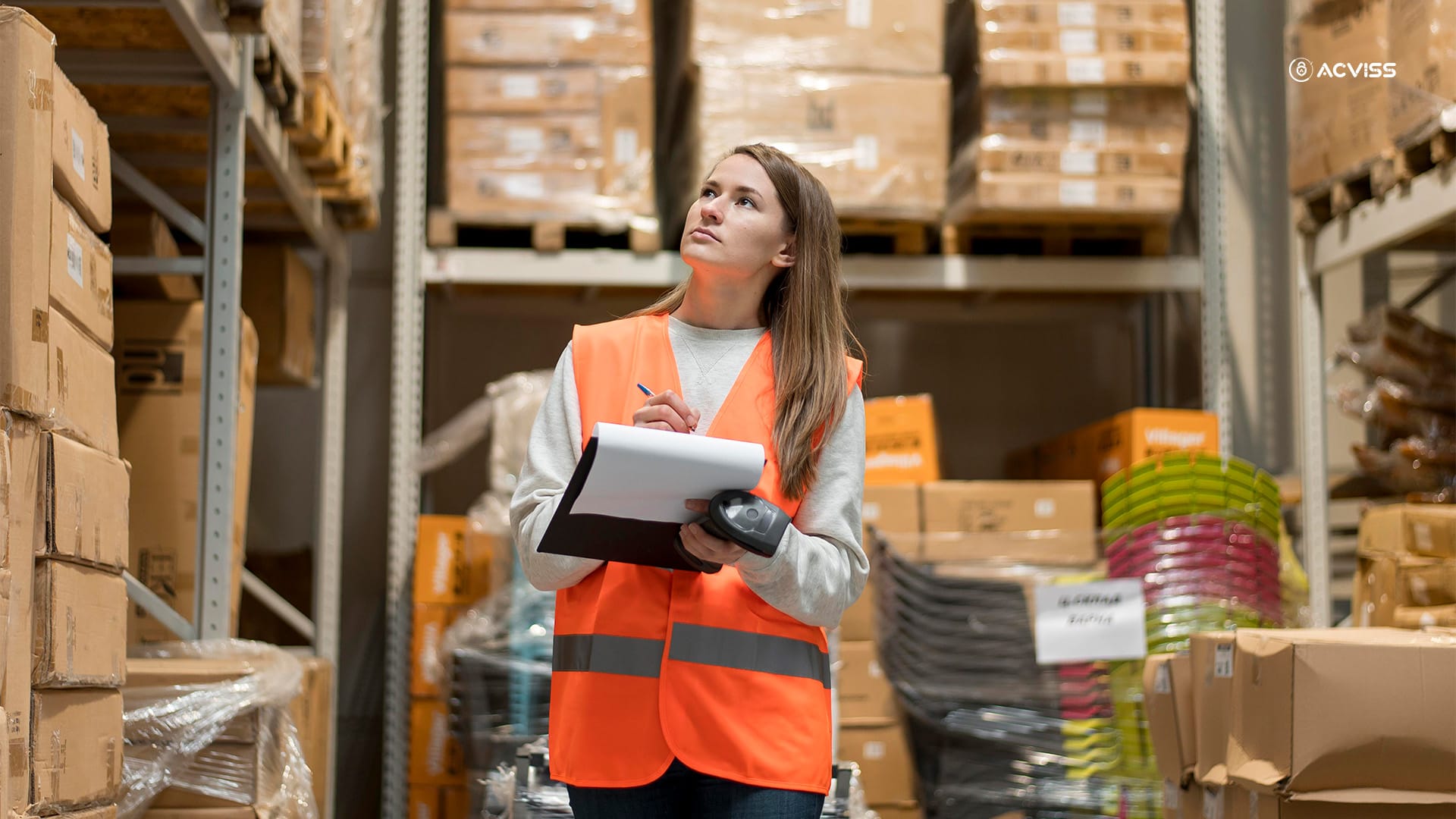
Brazil is the single biggest exporter of agricultural products to European countries worldwide, with 16.3% of EU imports coming from the country. Brazil is renowned for exporting high-quality goods such as coffee, soybeans, beef, and orange juice. These products are integral to the European market, where they are highly sought after for their quality and sustainability. Because they are agricultural products most of these goods fall under the EUDR category.
Regulations and Quality Control
To ensure the quality of these goods, Brazil adheres to various regulations and quality control measures. Many products comply with ISO standards and other certifications, which serve as benchmarks for quality. These standards help verify that products meet international quality requirements and are produced sustainably.
In addition, Brazil needs to comply with the EUDR guidelines, which ensure that low-quality goods are not available on the market.
Common Challenges
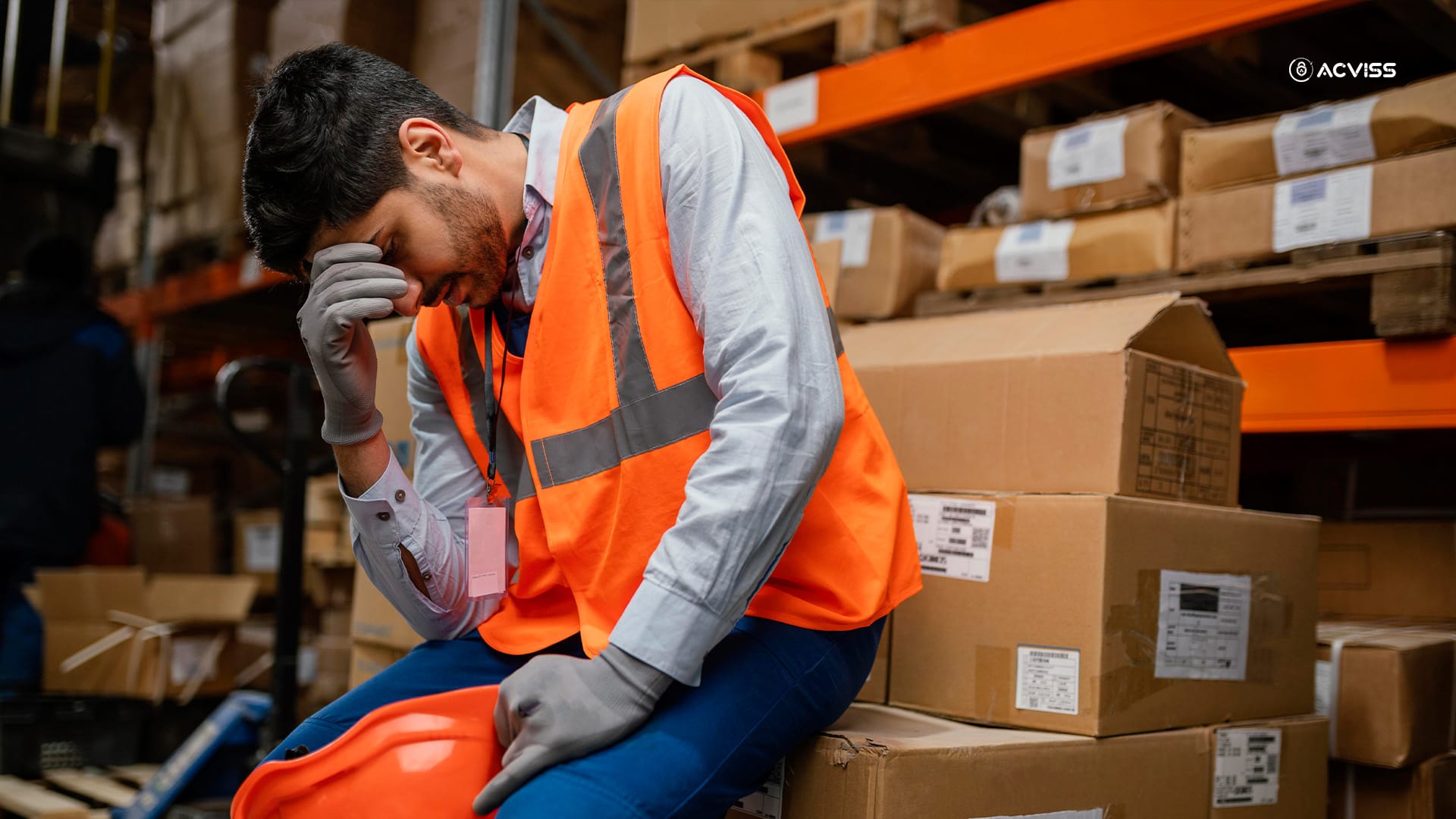
However, there are several challenges when sourcing from Brazil:
- Counterfeit Concerns:Counterfeit products can undermine trust and quality. Importers often find it difficult to differentiate between genuine goods and fake ones.
- Supply Chain Visibility: The complexity of supply chains makes it challenging to track goods from their origin to the final destination, raising questions about their quality and safety.
- Quality Control Measures: Ensuring consistent quality across various batches can be difficult, especially with perishable goods like fruits and meats.
Solutions
To navigate these challenges and ensure high-quality imports, businesses can take the following steps:
- Collaborate with Reputable Suppliers: Building relationships with trustworthy suppliers can enhance the reliability of sourcing high-quality goods. It's essential to vet suppliers thoroughly and seek recommendations from other importers.
- Implement Regular Quality Checks: Conducting periodic inspections and quality assessments can help ensure that the products meet the required standards. This could involve testing samples before the entire shipment is accepted.
- Leverage Technology for Tracking and Verification: Utilizing technology such as blockchain and supply chain management systems can enhance transparency and traceability. These tools allow importers to verify the origin of goods and monitor their journey through the supply chain.
Ensuring High-Quality Goods from Other South American Countries
Importing high-quality goods from South American countries other than Brazil, such as Argentina, Uruguay, Paraguay, and Venezuela, involves addressing unique challenges and implementing effective solutions tailored to each country’s context.
Argentina | Uruguay | Paraguay | Venezuela | |
|---|---|---|---|---|
Top exported items | Argentina is a leading exporter of:
| Uruguay exports a variety of goods, including:
| Paraguay is known for exporting:
| Venezuela exports:
|
Challenges | One of the primary challenges is regulatory enforcement, which can vary across regions. Additionally, ensuring consistent quality assurance of beef and other perishable products poses significant challenges. | The country faces issues with export standards that may not always align with European requirements, and there are also trust issues regarding the reliability of suppliers. | A significant challenge for exporters in Paraguay is achieving transparency in the supply chain, which is essential for ensuring product quality. | The political instability in Venezuela can disrupt trade and affect the quality of goods, making it a significant challenge for importers. |
Solutions | To overcome these challenges, importers should engage with local agencies to better understand regulations and compliance requirements. Conducting on-site inspections can also provide firsthand insights into the quality of goods being exported. | To enhance trust and ensure compliance, businesses can utilize third-party verification services to validate the quality and safety of goods. Establishing direct relationships with producers can also facilitate better communication and understanding of quality standards. | Importers can implement supply chain audits to evaluate the practices of their suppliers. Establishing clear communication with exporters can further enhance transparency and trust, ensuring that quality standards are met throughout the supply chain. | To navigate these challenges, importers should monitor the political climate closely and consider diversifying sourcing options to mitigate risks associated with relying solely on Venezuelan exports. Establishing a network of suppliers across multiple countries can enhance supply chain resilience and ensure the availability of high-quality goods. |
Trusting Exporters from South America
When importing goods from South America, establishing trust with exporters is crucial. This ensures high quality. However, several common challenges can complicate this process:
Common Challenges:
- Varying Quality Standards:Quality standards can differ widely across countries, leading to inconsistencies in product quality.
- Counterfeit Goods: The risk of counterfeit products can undermine trust and affect the integrity of imports.
- Differences in Regulation Enforcement: Varying enforcement of regulations can create uncertainty about compliance.
Building Trust with Exporters:
To build a reliable relationship with exporters, consider these strategies:
- Conducting Supplier Audits: Regular audits can help assess compliance with quality standards and verify the integrity of the supply chain.
- Using Third-Party Inspection Services: Engaging third-party inspectors ensures unbiased evaluations of product quality before shipment.
- Verifying Certifications: Always check certifications, such as ISO, to confirm that products meet required standards.
Solutions:
- Establish Clear Quality Agreements with Exporters: Clearly defined quality expectations and agreements can help both parties understand requirements and reduce misunderstandings.
- Foster Relationships Through Regular Communication and Visits: Regular communication and site visits help strengthen relationships, making it easier to address issues as they arise.
Role of Technology
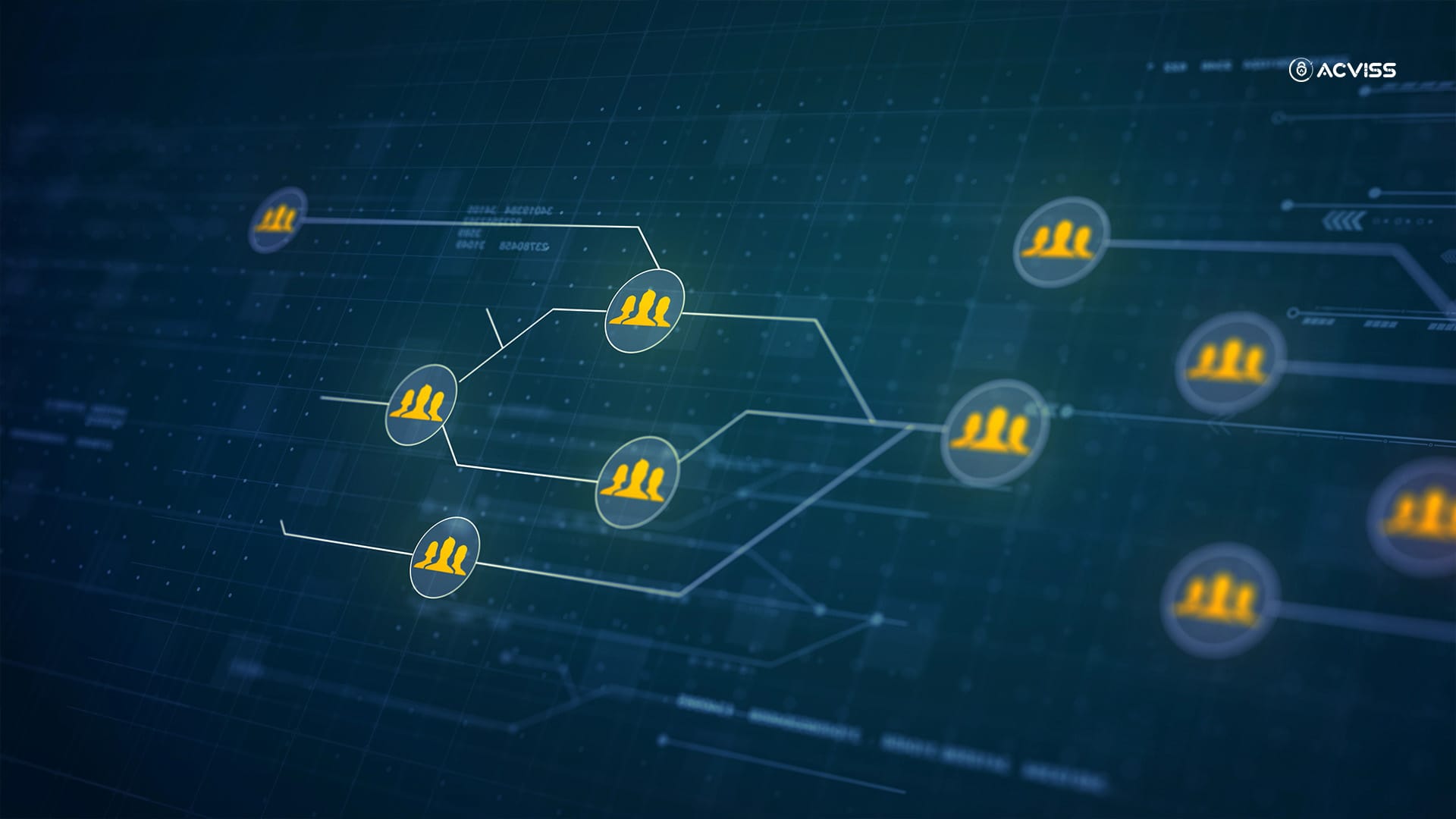
Technology is essential for enhancing transparency in the import process from South America to Europe, especially in the context of the European Union Deforestation Regulation (EUDR). One key advancement is blockchain technology. Creating a secure and unchangeable record of every transaction in the supply chain helps ensure that all parties can trust the information. Each step of the product’s journey—from the farm to the final destination—gets recorded which makes it easy to verify the authenticity and quality of goods.
In addition to blockchain, track-and-trace systems play a crucial role. These systems allow importers to monitor the movement of products in real time. With this level of visibility, businesses can quickly identify any issues or discrepancies in the supply chain.
For example, if a batch of coffee does not meet quality standards, importers can trace it back to its source and take corrective action before it reaches consumers.
Furthermore, EUDR compliance requires rigorous traceability to ensure that imported goods do not contribute to deforestation. Leveraging technologies like Origin by Acviss which leverages blockchain for track-and-trace solutions make it easier for importers to demonstrate compliance with EUDR requirements. This not only helps in meeting legal obligations but also enhances their credibility in the market.
Wrapping up
To ensure high-quality goods from South America to Europe, you must focus on trust and transparency. Establishing strong relationships with exporters is crucial. Regular communication helps clarify quality expectations and build rapport. It’s important to conduct supplier audits and use third-party inspection services to verify certifications. These practices not only enhance trust but also ensure that the products meet the required standards.
Technology plays a significant role in this process. Tools like blockchain and track-and-trace solutions offer a way to monitor the supply chain closely. These technologies provide real-time insights, making it easier to ensure quality and authenticity. With the right approach, you can ensure that you are importing the best products from South America, benefiting both your business and your customers.
Interested to learn more? Get in touch with our experts at Acviss today and take walkthrough of the regulation and how to implement a strong track and trace solution to protect your product, supply chain and gain regulatory compliance.
